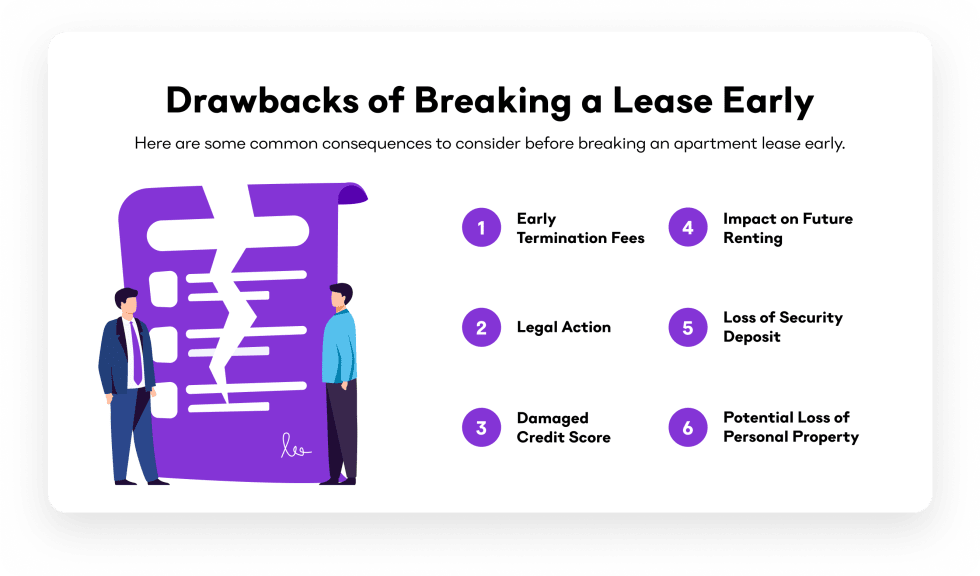Breaking a Lease: What Are the Consequences?
Breaking a Lease: What Are the Consequences?
Blog Article
The hire industry is obviously moving, with increased visitors than ever rethinking their residing situations. Searches around “what happens if you break a lease” soared by over 70 per cent within the last few year alone, showing a definite trend. Whether it's a work modify, unexpected financial challenges, or a relationship change, your choice to separate a lease isn't one to take lightly. Knowledge the important facets at perform can save you from unexpected financial and appropriate headaches.

Early Terminations on the Rise
A current examination across significant US cities revealed that around 18 % of tenants contemplate breaking their lease before the full expression ends. This mirrors broader improvements in employment, lifestyle, and even mental wellness priorities. Knowledge also demonstrates young renters, especially those aged 18 to 34, are the absolute most probably to produce a transfer mid-lease. If you're in this class, you're definitely not alone.
Financial Penalties Prime the Record
Probably the most quick matter tenants have could be the economic impact. Survey results show that 65 percent of landlords demand some form of early termination charge, that may range from the charge of just one month's lease to the total lease left on your agreement. About 28 % of visitors interviewed said they overlooked these expenses, resulting in shock costs that set straight back their budgets.
Concealed Expenses and Other Expenses
It's not merely about termination fees. Some landlords also withhold protection remains or charge for re-listing the property. Typically, tenants can eliminate one more 20 % of the deposit if the apartment requires cleaning or repairs following an earlier exit. Understanding these figures may assistance with decision making before giving notice.
Legal and Credit Consequences
Breaking a lease can follow you in more methods than one. Almost 22 % of tenants who shattered their leases without discussing described a dimple to their credit report. Landlords can deliver your unpaid balances to choices, rendering it tougher to lease elsewhere or protected loans. Additionally, being sued for unpaid lease is a actual, if less common, risk.
Acceptable Causes and Negotiations
Not all lease breaks are treated equally. Probably the most frequently accepted causes include health and protection violations, military implementation, or significant home injury from activities like normal disasters. More than half of tenants polled effectively negotiated with their landlords for a lowered price or simpler phrases when they offered paperwork for such reasons.
The Conversation Component
Information demonstrates renters who proclaimed early and openly using their landlords could save yourself typically 35 % on penalty costs. Placing expectations, sharing documentation, and arranging for an upgraded tenant may all reduce the fallout. The sooner you begin the discussion, the higher your odds to reduce expenses and defend your credit score.
What the Tendencies Tell People
Lease-breaking is obviously trending upward. However, the chance of sudden fees and legitimate difficulty remains large for those who do not strategy ahead. Reviewing your lease deal, understanding the fine printing, and seeking legal services if required are intelligent first steps.
Studying lease-breaking data will give renters a clearer photograph of what's at stake, making it more straightforward to weigh their options and avoid economic missteps. Being organized and proactive changes what is actually a key setback right into a well-managed transition. Report this page